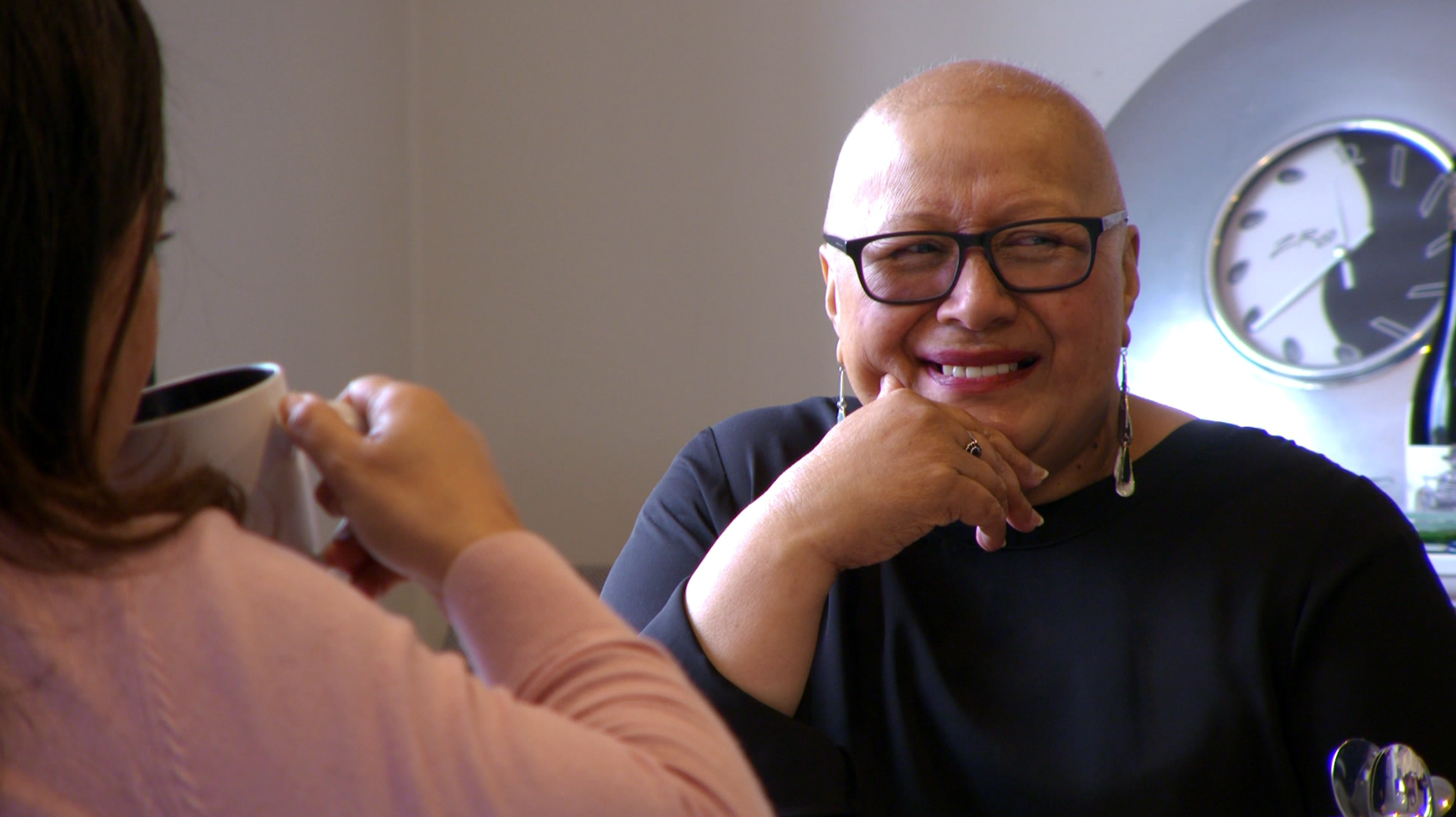The Covid-19 pandemic revealed how unwilling we are to create a more accessible society, says a Samoan disability advocate.
Samoan Paralympic champion Jordon Milroy’s message comes after the release of findings from a Human Rights Commission’s inquiry which found the needs of disabled people were not given importance in the government’s decision-making throughout the Coronavirus pandemic.
“Personally, Covid-19 has impacted how unacceptable and unwilling we are to make society more accessible,” he says.
“From the ‘bubbles’ where support workers didn’t turn up for weeks. Shops didn’t want people with disabilities to enter shops because they didn’t know how to deal with us.”
Milroy supported the report’s findings that the spread of Omicron caused considerable stress and confusion, and put the wellbeing of disabled people at risk.
“(We were) waiting three hours on the phone to WINZ to prove my disability and [I] tried to keep my benefit on in the middle of a lockdown…The waiting time was up to three hours long and they are not trained to talk to disabled people so they hung up.”
“I felt forgotten and not heard,” he says.
Disability Rights Commissioner Paula Tesoriero said some groups reported reduced levels of trust and engagement for disabled people during the Omicron phase.
Tesoriero launched the inquiry on 11 March into the support of disabled people during the Omicron outbreak.
She said the move from alert levels to the Covid-19 Protection Framework led to a decline in public health measures.
“I was concerned about whether disabled people’s rights were being upheld,” said Tesoriero.
“In combination with the emergence of the Omicron variant and widespread community transmission, risks to disabled people, tāngata whaikaha (two or more with a disability) Māori and their whānau have increased.
“Mitigations were needed in relation to the greater risk for many disabled people and tāngata whaikaha Māori of getting Covid-19 as well as issues such as risks to disruptions in services, access to essential services and needing information tailored to their needs.”
Tesoriero added that the inquiry was told about some good experiences such as great support from Pacific and Māori organisations, and the support and information disabled people provided to each other, “but mostly experiences were stressful”.
Submissions also emphasised the worry and stress that came with the shift from alert levels, to the traffic light system.
Many of the issues disabled people identified in the first two years of the Covid-19 response had worsened, the inquiry found, while at the same time Covid-19 restrictions and the protections they offered disabled people and their whānau, and communities, have lessened.
A key recommendation from the report included setting up a 24-hour, seven-days-a-week service to help people get support if their usual support person is not able to come to work.
“I think we can always do better! The system doesn’t work at the best of times but I think we should have more accessible systems,” Milroy says.











